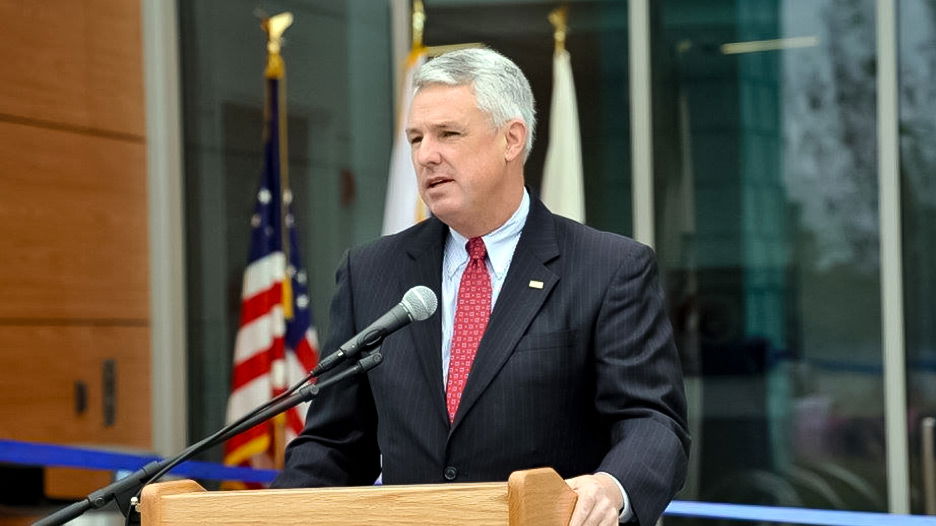California survey shows voters reject measures to legalize sports betting

FM3 Research conducted a poll for a committee of California tribal gaming nations earlier this month that shows state voters remain apprehensive about sports betting legalization.
Among the 837 respondents, who said they’re likely to vote in next year’s general election, only 30% offered some kind of support for legalizing online sports betting. Likely voters polled a year ago gave the measure just 28% support. The finding comes as proponents of a new plan seek to put the question back on the ballot in a little less than a year.
According to the survey, opposition has barely dropped, with 63% against it this year compared to 65% last year. Those with strong objections accounted for 46% of the total responses, a figure that was down from 49% last year, but it’s still a near majority, showing any effort to legalize California sports betting next year has a steep hill to climb.
The polling firm also created "a simulated campaign" for those surveyed based on a proposed measure that is currently before the California Secretary of State. Pollsters gave respondents an identical number of arguments for and against the amendment, and only 33% said they’d definitely or likely vote yes after considering those arguments. That’s compared to 59% who remained opposed and 8% undecided.
Last year, California voters turned down Proposition 26, which would have allowed sports betting only at tribal-based casinos and state-licensed racetracks by a more than 2-to-1 margin. Proposition 27, a measure to permit online sports betting fiercely opposed by most of the state’s tribes, suffered an even worse defeat, with less than 18% voting yes.
"This survey finds California voters continue to oppose online and mobile sports wagering just as they did in November 2022, when Proposition 27 was overwhelmingly defeated," FM3's polling memo stated. "These survey results suggest voters in November 2024 are likely to overwhelmingly reject any ballot initiative that seeks to allow in-person and online sports wagering in the state."
The campaign was the most expensive ballot measure fight in US history, with the various parties for and against Prop 26 and Prop 27 spending over $450 million on their efforts, reports NPR. However, after Labor Day, campaigns for both initiatives largely folded their cards with spending reduced. Executives of the top sports betting companies admitted the likelihood of a defeat in the weeks prior to voting, stating legalization would have to wait until 2024.

Given the nature of the measures' defeats last year, many in the gaming industry did not expect any effort to move forward for the 2024 cycle, thinking 2026 would be the next best chance to legalize California sports betting. However, two proposed initiatives were sent to the state last month for review.
While both say they would only allow tribes to offer sports betting, the California Nations Indian Gaming Association came out strongly against them. Earlier this month, the California Nations Indian Gaming Association's board voted 18-0 to formally reject both, and the group’s chair called on proponents to stop their efforts.
According to local media reports, that's not likely to happen for now. Kasey Thompson, a spokesperson for the latest proposals, told the San Jose Mercury News earlier this month that supporters would spend $25 million to get the question on next year’s ballot. For that to happen, they would need at least 874,641 signatures from California registered voters in a roughly five-month window.
Tribal gaming nations raised nearly $250 million to defeat Proposition 27 last year, doing so at the expense of the measure they supported, and state records show that the committees they created remain active and have money remaining in their accounts.
The Coalition for Safe, Responsible Gaming reported that it had nearly $6.3 million remaining in its account as of last month. Earlier this year, Californians for Tribal Sovereignty and Safe Gaming said it still had more than $358,000 left in its fund. The public comment period for the latest measures ended earlier this week. Proponents will have a chance to amend the initiatives through the end of this week.
















































